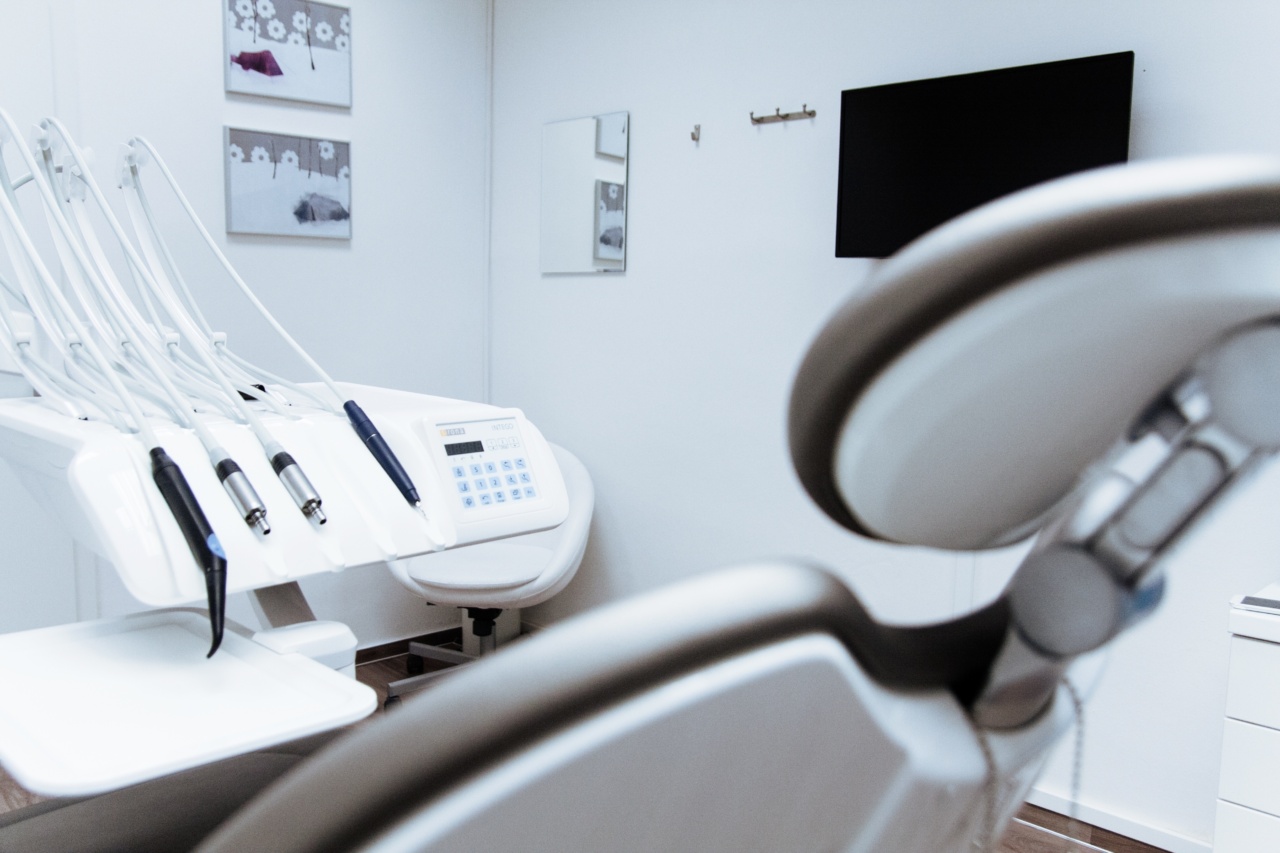The human body is home to trillions of bacteria, collectively known as the human microbiota.
While it is commonly believed that bacteria only cause infection and harm, recent scientific research has revealed a fascinating connection between bacteria and the brain, with significant implications for neurological health.
The Gut-Brain Axis: A Bidirectional Communication System
The gut-brain axis, a complex bidirectional communication system, links the central nervous system (CNS) with the enteric nervous system (ENS) in our gut.
This communication occurs through various pathways, including the immune system, the endocrine system, and the vagus nerve. Recent studies have found that the gut microbiota plays a vital role in modulating this communication, influencing brain function and behavior.
The Gut Microbiota and Brain Development
Surprisingly, the influence of gut bacteria on the brain begins early in life during brain development. Studies in germ-free mice, which lack gut bacteria, have shown altered brain structure and function compared to mice with a normal gut microbiota.
This suggests that early exposure to bacteria is crucial for proper brain development.
Furthermore, research has demonstrated that specific bacteria can produce neurotransmitters such as serotonin and dopamine, which play essential roles in regulating mood and behavior.
This raises the possibility that imbalances in the gut microbiota could contribute to neurological disorders such as depression, anxiety, and autism spectrum disorders.
Gut Microbiota and Neurological Disorders
Mounting evidence suggests that disruptions in the gut microbiota composition, known as dysbiosis, are associated with various neurological disorders.
For instance, studies have found altered gut microbiota in individuals with Parkinson’s disease, multiple sclerosis, and Alzheimer’s disease.
Researchers are still unraveling the precise mechanisms by which gut dysbiosis contributes to these neurological disorders.
However, it is believed that the gut bacteria can produce metabolites that exert systemic effects on the CNS, trigger immune responses, and induce inflammation, all of which play a role in the pathogenesis of these diseases.
The Role of the Gut Microbiota in Mental Health
Emerging evidence also suggests a remarkable link between the gut microbiota and mental health.
Research has demonstrated that changes in gut microbial composition can influence brain function and behavior, potentially contributing to mental illnesses such as anxiety, depression, and even schizophrenia.
In fact, a landmark study conducted on humans found that individuals with major depressive disorder had altered gut microbiota compared to healthy individuals.
When these depressed individuals received a transplant of microbiota from healthy donors, their depressive symptoms significantly improved. This highlights the potential for microbiota-based interventions in mental health treatment.
The Influence of Diet and Lifestyle on the Gut-Brain Connection
While genetics certainly play a role in shaping our gut microbiota, environmental factors, particularly diet and lifestyle, also significantly influence the composition and diversity of our gut bacteria.
Certain dietary components, such as prebiotic fibers found in fruits, vegetables, and whole grains, serve as fuel for beneficial gut bacteria, promoting a healthy microbiota and a strong gut-brain connection.
Conversely, diets high in processed foods, sugar, and saturated fats can lead to an imbalance in the gut microbiota, potentially jeopardizing neurological health.
Additionally, factors like stress, lack of sleep, and sedentary lifestyles have been shown to negatively impact the gut-brain axis, further emphasizing the importance of a holistic approach to brain health.
Future Implications and Therapeutic Approaches
The emerging field of psychobiotics, which involves the use of specific bacteria or their compounds to improve mental health, holds promise as a potential therapeutic avenue.
While still in its early stages, research has shown positive results in using certain probiotic strains to alleviate symptoms of anxiety and depression.
Moreover, fecal microbiota transplantation, a procedure where fecal matter from a healthy donor is transferred to a patient with dysbiosis, has shown remarkable efficacy in treating recurrent Clostridioides difficile infection.
Further exploration of this technique may uncover its potential in treating neurological disorders with a gut dysbiosis component.
Conclusion
The connection between bacteria and the brain is a fascinating area of research that continues to uncover new insights into the intricate relationship between our gut microbiota and neurological health.
Understanding the gut-brain axis and the influence of gut bacteria on brain function opens exciting possibilities for novel therapeutic approaches to combat neurological disorders and improve mental health.































